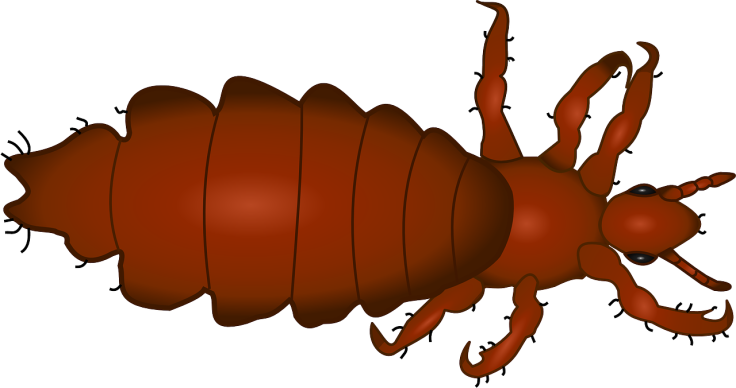Rare Disease Outbreak: At Least 3 Cases Of Trench Fever Found Among Homeless In Denver

KEY POINTS
- Colarado state health officials report a trench fever outbreak in Denver
- 3 confirmed cases reported in Denver
- It is a bacterial infection spread from a body louse
Amid the COVID-19 pandemic, Colorado state public health officials are investigating an outbreak of a rare disease found among homeless people in Denver. Three people have tested positive for trench fever since June and officials have recently identified a fourth suspected case.
Trench fever, a rare disease transmitted by body lice, is a bacterial disease caused by Bartonella quintana and the symptoms include relapsing fever, headache, bone pain, nausea, vomiting, and malaise. Infected individuals could also develop skin lesions or infections of their heart valves that could be fatal.
The disease affected more than a million troops during World War I, making the affected person unfit for duty for over a couple of months. The disease was reported from various regions throughout the world, including Europe, North America, China, and Africa. Although it was rare, the European Centre for Disease Prevention and Control recognized it as a reemerging pathogen among the homeless and impoverished populations. In recent years, trench fever outbreaks were reported in Seattle and San Francisco homeless camps.
"Because this is an unusual organism, we considered two cases enough to perform an outbreak investigation," Michelle Barron, medical director of infection prevention and control at the UCHealth University of Colorado Hospital told Health.
Although Barron believes the Denver cases could be connected, her team is still actively investigating each of them. They have also identified a fourth suspected case since the third one was diagnosed.
“This organism is not spread from person-to-person but from a body louse. This commonly is seen in transient populations, like the homeless, that are living in sub-optimal hygienic conditions,” Barron said.
Barron told Kaiser Health News that she had never before seen a case of the disease in her two decades of practice. So she notified the public health officials of the state. Following this, the Colorado state public health officials issued a health advisory for physicians to be on the lookout for more cases.
Health experts opine that such outbreaks can be interrupted with outreach to homeless shelters and other groups that offer services to people living on the street. There are several ways to eliminate body lice such as washing and drying clothes at high temperatures and using pesticides like permethrin on clothing, bedding, and other items.
The Centers for Disease Control and Prevention says trench fever is unlikely to infect anyone who regularly bathes and wears clean clothes and changes bedding every week.
© Copyright IBTimes 2025. All rights reserved.






















